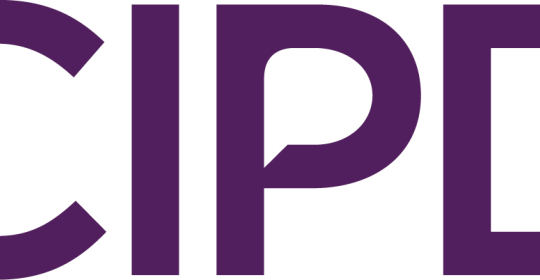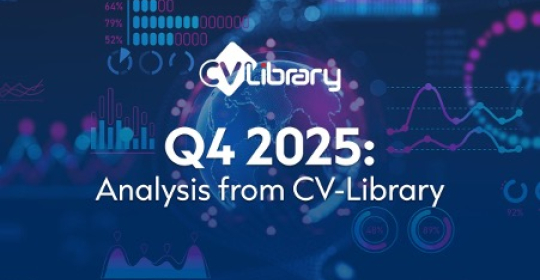- Improving AI skills is the primary development goal for half (51%) of leaders
- 7 in 10 leaders feel confident in their own knowledge of AI to lead change
- But nearly a third (31%), are battling a resistance to change in their organisations
LHH, a leading professional talent solutions provider and global business unit of the Adecco Group, today releases its latest Leadership Development research. The new report finds that improving AI skills (51%) is the key leadership development priority for 2025, as leaders line focus on how AI optimism can be translated into tangible business results.
With a lens on HR and Leadership Development (LD) professionals and leaders, the ‘How to Equip Your Leaders in an AI-Powered Era’ report unpacks the key leadership development priorities for UK organisations in 2025.
AI readiness among UK leaders
AI brings opportunities, and it’s clear that UK leaders are ready to seize them. In fact, seven in ten HR and LD professionals feel confident in their own knowledge of AI to lead change within their business, and 87% professionals rate their organisations as ready for the impact of AI.
For optimism to turn into success, it must be informed. Despite readiness, which may stem from early adoption, there’s a difference between feeling prepared and being ready for what is next. For AI to make a positive impact, leaders must assess and understand areas in their leadership development programmes that could be enhanced by AI.
A people first approach
Leaders see development as a critical area of focus, despite the current job market backdrop. Their core developmental priorities include a keenness to increase individual productivity (40%), the retention of top talent (38%) and filling skills gaps (28%).
Productivity gains and future gazing are further drivers for leaders to invest in AI. However, this integration must go hand in hand with a people-first approach to leadership development programmes. Areas such as coaching and developing emotional intelligence skills and teaching how to build trust should only be optimised but not driven by AI.
Organisational headwinds
Despite this readiness, at some organisations there’s still a resistance to change, with almost a third citing that as their biggest obstacle (31%). In addition, three in ten (30%) reported inconsistencies in leadership development efforts which result in a lack of clarity for the wider business.
These headwinds point to a number of underlying issues that leadership development programmes must focus on. Samantha Manning, Leadership Development Solutions Director at LHH UK&I said: “Leaders are under pressure to integrate AI in order to remain competitive. Despite there being a great deal of AI optimism, leaders must ensure that they understand the role of AI in their organisation in order to use it effectively. Once that is understood, AI can optimise leadership development strategies and programmes in order to increase confidence, productivity and to plug skills gaps.
"To empower leaders of the future, current leaders must ensure that they prepare their organisation and employees for the impact of AI and upskill them on the ways in which it can benefit.”
To discover more about equipping leaders in an AI-powered era, you can view the full Leadership Development 2025 report via the following link.






